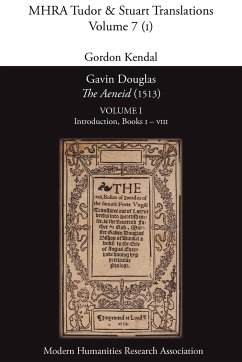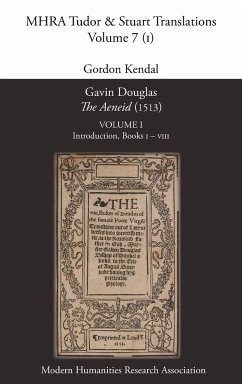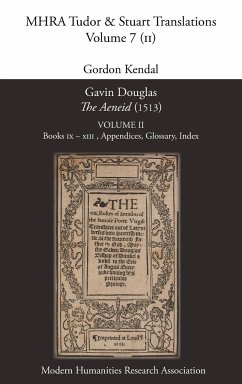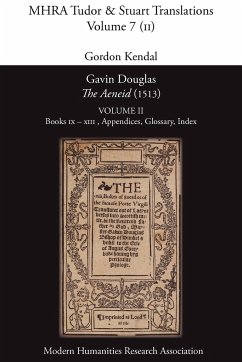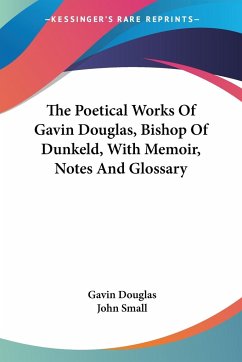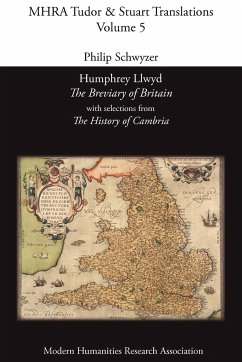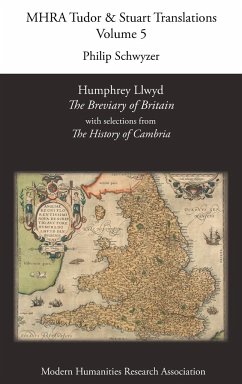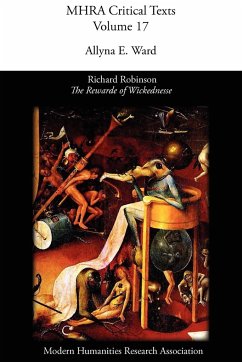Virgil's story of Aeneas, exiled from fallen Troy and leading his people to a new life through the founding of Rome, was familiar in the middle ages. The first true and full translation into any form of English was completed in Scotland in 1513 by Gavin Douglas and published in print forty years later. His version (still considered by some to be the finest of all) is significant historically but also for its intrinsic qualities: vigour, faithfulness, and a remarkable flair for language. Douglas was a scholar as well as a poet and brought to his task a detailed knowledge of the Latin text and of its major commentators, together with a sensitive mastery of his own language, both Scots and English, contemporary and archaic. The present edition is the first to regularise his spelling and make access easier for the modern reader without compromising the authentic Scots-English blend of his language. Glossaries (side- and end-) explain obscurities in his vocabulary while the introduction and notes set the work in context and indicate how Douglas understands and refocusses the great Virgilian epic. It will be of interest to medievalists and Renaissance scholars, to classicists and to students of the English language, and not least to the general reader whom Douglas had especially in mind. Gordon Kendal is an Honorary Research Fellow in the School of English, University of St Andrews.
Hinweis: Dieser Artikel kann nur an eine deutsche Lieferadresse ausgeliefert werden.
Hinweis: Dieser Artikel kann nur an eine deutsche Lieferadresse ausgeliefert werden.

